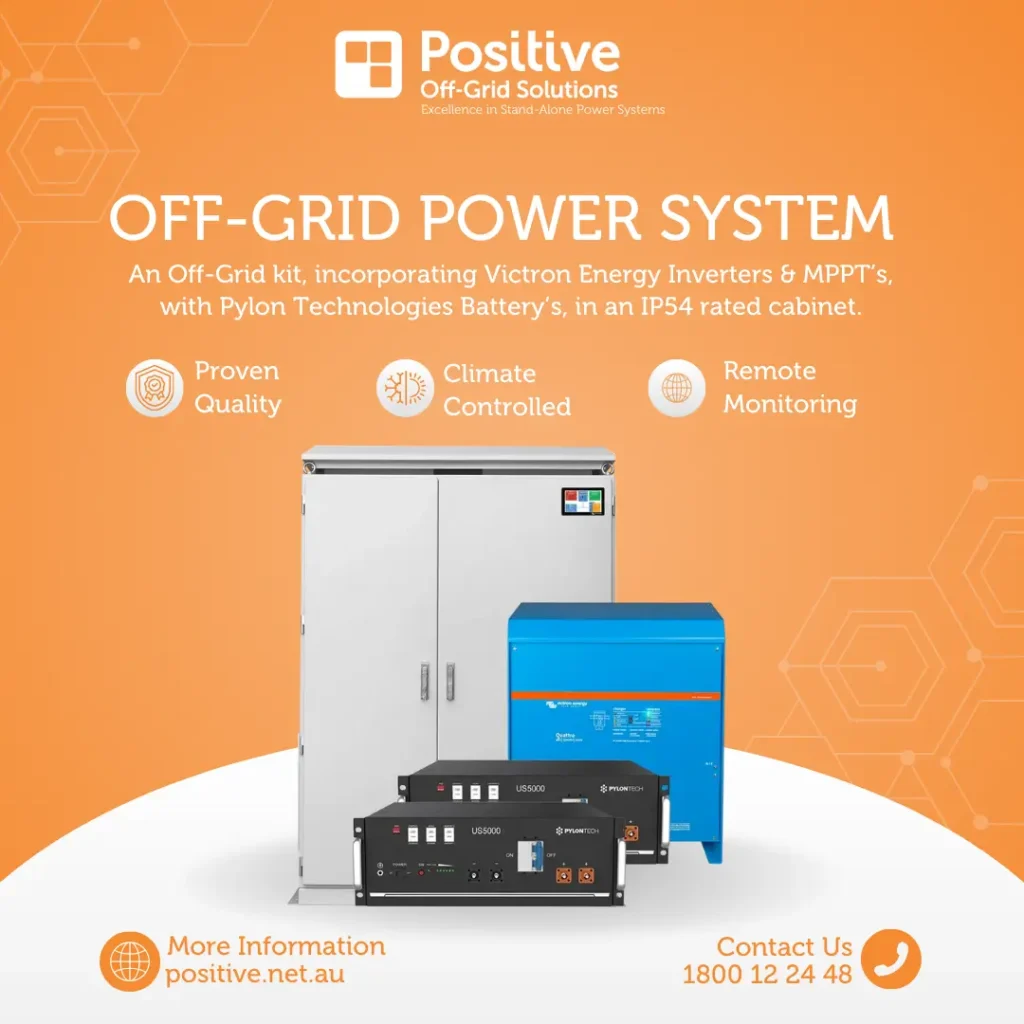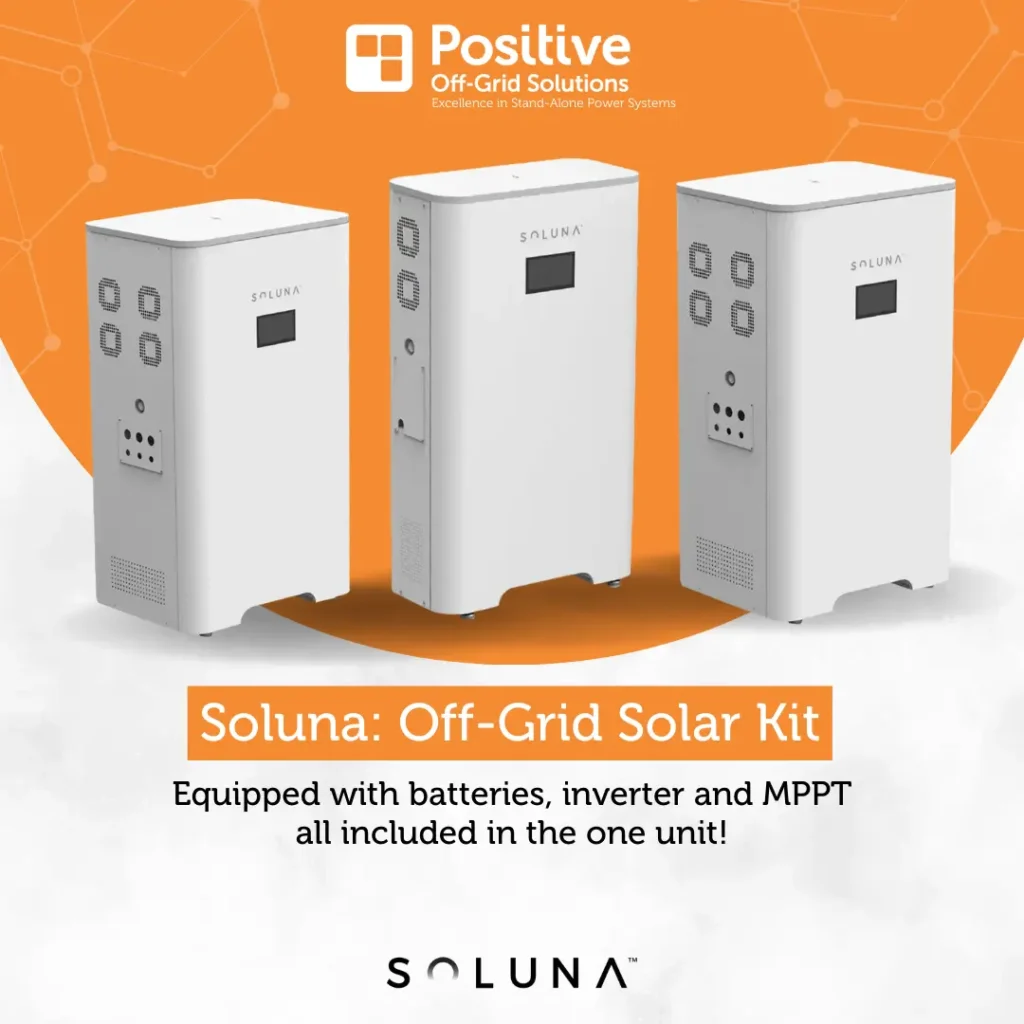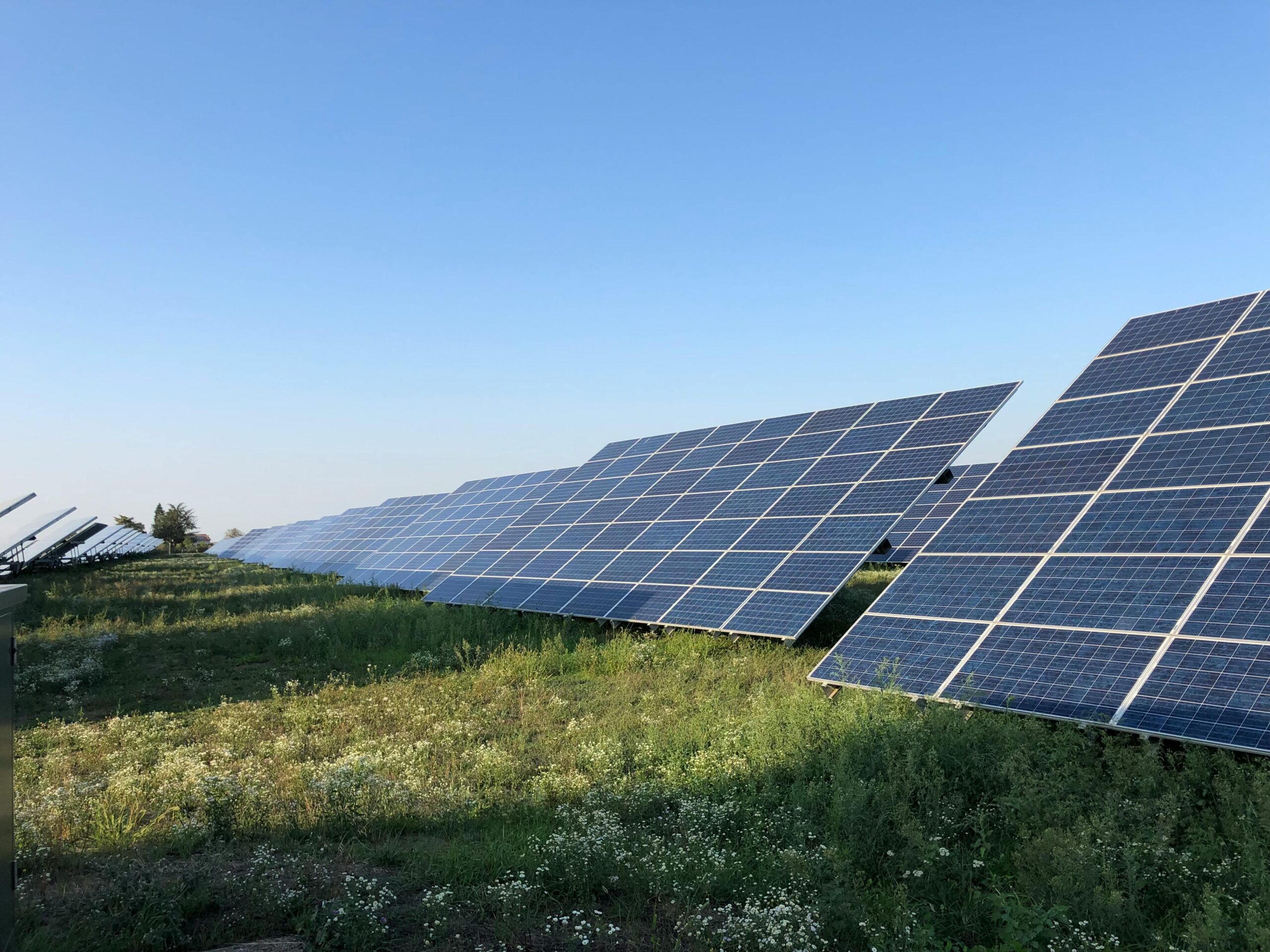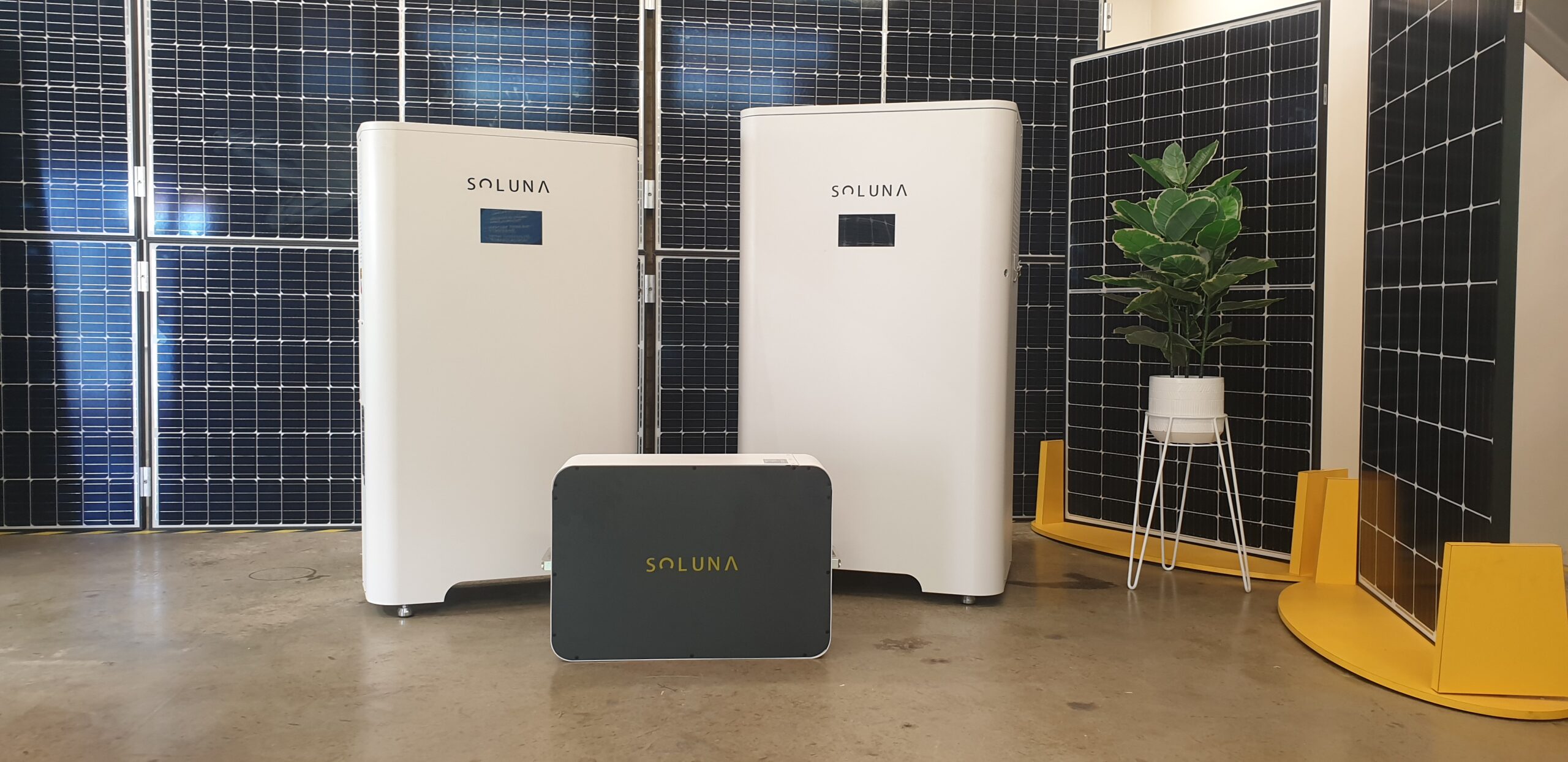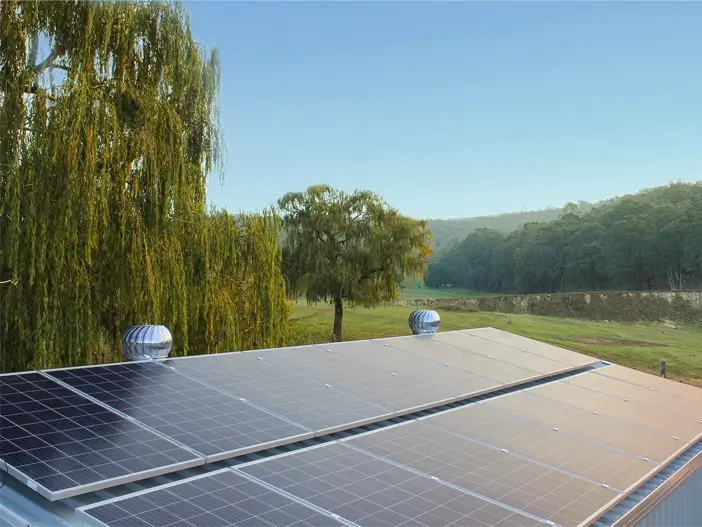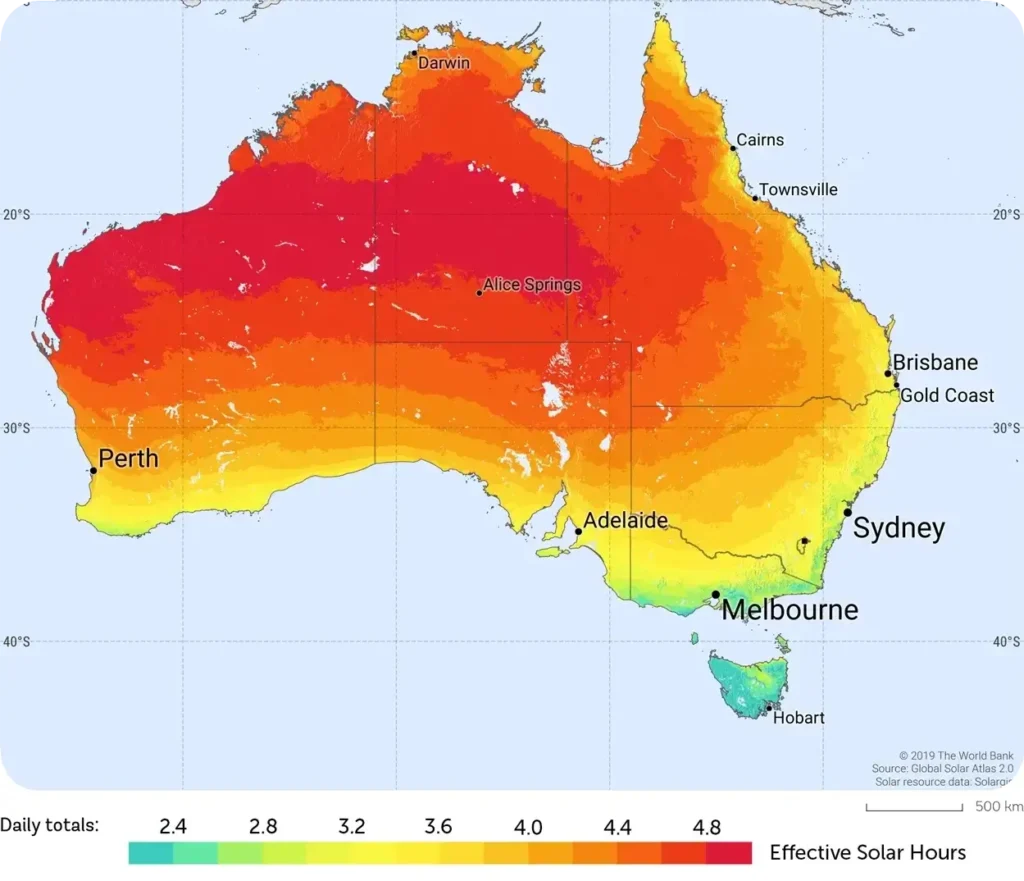As the world pivots towards sustainable energy solutions, off-grid solar systems are becoming an increasingly attractive option for homeowners and businesses alike. However, understanding the financial considerations and potential return on investment (ROI) is crucial before making the switch. This blog will analyse the economic aspects of off-grid solar solutions, including upfront costs, payback periods, incentives, and long-term savings on energy bills.

Upfront Costs: An Investment in Sustainability
The initial investment in an off-grid solar system can be substantial. Costs typically include solar panels, batteries, inverters, charge controllers, and installation fees. Depending on the size and complexity of the system, prices can range from a few thousand to tens of thousands of pounds. While this might seem daunting, it’s essential to view this expenditure as a long-term investment in sustainability and energy independence.
Payback Period: When Will You See Returns?
The payback period for an off-grid solar system is the time it takes for the initial investment to be offset by the savings on energy bills. This period can vary significantly based on factors such as system size, local energy costs, and the amount of sunlight the location receives. On average, homeowners can expect a payback period of 5 to 10 years. However, with the rising costs of traditional energy sources, this period could shorten, making off-grid solar systems an increasingly viable economic option.
Incentives and Subsidies: Reducing the Financial Burden
Governments and local authorities often offer various incentives and subsidies to encourage the adoption of renewable energy systems. These can significantly reduce the upfront costs of installing an off-grid solar system. Incentives may include grants, tax credits, and rebates. It’s essential to research and take advantage of these financial incentives to reduce initial expenditures and improve ROI.
Off-Grid Solar: Lower Energy Bills and Beyond
One of the most compelling financial benefits of off-grid solar systems is the substantial long-term savings on energy bills. By generating your own electricity, you can eliminate or drastically reduce monthly energy costs. Over the lifespan of the system, which typically ranges from 20 to 30 years, these savings can add up to tens of thousands of pounds. Additionally, the maintenance costs for solar systems are relatively low compared to traditional energy sources, further enhancing long-term savings.

Additional Financial Benefits: Property Value and Resilience
Investing in off-grid solar systems can also increase property value. Homes and businesses equipped with renewable energy systems are often seen as more attractive due to their lower operating costs and environmental benefits. Moreover, off-grid solar systems provide energy resilience, protecting against grid outages and fluctuating energy prices. This reliability can be particularly valuable in remote areas or regions prone to power disruptions.
Transitioning to an off-grid solar system is not just an environmentally conscious choice but a financially sound one as well. Despite the initial investment, the combination of long-term savings, payback through incentives, and increased property value makes off-grid solar systems an excellent investment. By carefully considering the financial aspects and potential ROI, homeowners and businesses can make informed decisions that benefit both their wallets and the planet.
Embrace the future of energy by investing in off-grid solar systems today and enjoy the financial and environmental rewards for decades to come.
Let’s embrace the sunshine and light up the world, one solar panel at a time.
Get in touch to receive a quote today!



